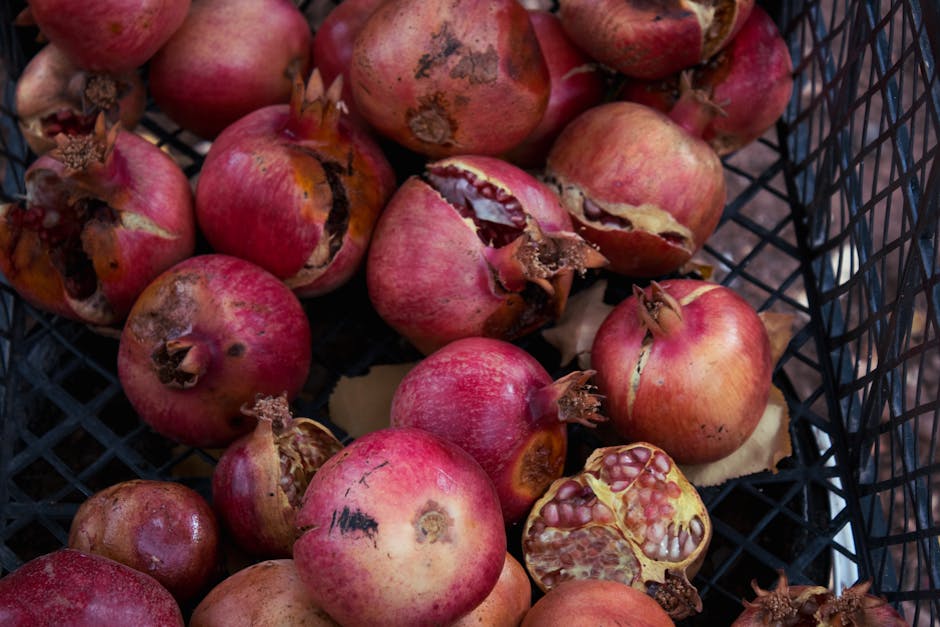The world faces a daunting challenge: ensuring sufficient, nutritious food for an ever-expanding population while mitigating the environmental impact of agriculture. Achieving global food security necessitates a multifaceted approach encompassing technological advancements, sustainable farming practices, and equitable resource distribution. This article explores crucial strategies to cultivate a resilient and sustainable agricultural system, ultimately bolstering food security worldwide.
A critical element in the quest for enhanced food security lies in boosting agricultural productivity. Existing farming practices frequently fall short of meeting the escalating demand for food. Innovations in agricultural techniques present promising avenues for increased output without compromising the integrity of the environment. Precision agriculture, employing technologies like GPS and remote sensing, allows farmers to optimize resource use, minimizing waste and maximizing yield. This data-driven approach ensures targeted application of fertilizers, pesticides, and water, preventing unnecessary environmental harm.
Beyond precision techniques, advancements in crop breeding are pivotal. Developing drought-resistant and pest-resistant varieties can significantly enhance crop resilience in challenging climates. Genetic modification, a controversial yet potent tool, holds the potential to create crops with improved nutritional value and enhanced tolerance to adverse conditions. However, careful consideration must be given to the potential ecological and societal consequences of such interventions. Open dialogue and responsible regulation are essential for ensuring these techniques serve humanity’s needs.
Sustainable farming practices play a vital role in long-term food security. Sustainable agriculture prioritizes environmental conservation, minimizing the detrimental effects of modern farming methods on ecosystems. Conservation tillage, for instance, reduces soil erosion and promotes carbon sequestration. Crop rotation and integrated pest management systems minimize reliance on harmful pesticides and promote biodiversity, strengthening the resilience of agricultural systems. Promoting agroforestry, which integrates trees into farming systems, also enhances soil health and provides additional income streams for farmers.
Water management is another crucial aspect of sustainable agriculture. Implementing efficient irrigation techniques like drip irrigation can significantly reduce water consumption, allowing for optimal water usage in arid and semi-arid regions. Water harvesting and rainwater storage techniques further enhance water availability, ensuring consistent crop production in areas susceptible to drought. Developing water-efficient crops through breeding programs further contributes to resource conservation.
Equitable access to resources and knowledge is paramount for fostering food security. Smallholder farmers, often located in marginalized communities, often face significant challenges in accessing essential resources like land, credit, and training. Empowering these farmers through access to improved seeds, fertilizers, and technical support will unlock significant potential in food production. Promoting fair trade practices and supporting local agricultural markets can guarantee that small farmers benefit from their efforts.
Furthermore, addressing the challenges of climate change is essential for securing a robust food system. Climate change significantly impacts agricultural production through fluctuations in rainfall patterns, increased frequency of extreme weather events, and rising temperatures. Adapting farming practices to these changing conditions is critical. Developing climate-resilient crops and promoting agricultural diversification are crucial steps towards mitigating these impacts. Investing in climate-smart agriculture, focusing on resilience to changing weather conditions, will ensure future food security.
The global food system is intricate and complex, requiring collaborative efforts from numerous stakeholders. Intergovernmental organizations, research institutions, and private sector companies have a vital role to play in developing and disseminating agricultural innovations. Facilitating knowledge sharing and technology transfer across countries can unlock greater agricultural potential. Creating awareness about the critical role of sustainable agriculture and promoting the adoption of responsible practices are equally important.
International collaborations are key to developing holistic solutions. Sharing research findings, best practices, and technological advancements can accelerate the progress towards enhanced global food security. Promoting partnerships between developed and developing nations can facilitate capacity building and resource transfer, enabling developing countries to adopt advanced agricultural techniques. Ultimately, a globalized approach is essential for addressing this monumental challenge.
In conclusion, attaining global food security requires a multifaceted strategy that combines technological advancements, sustainable agricultural practices, and equitable resource distribution. By embracing precision agriculture, investing in crop improvement, promoting sustainable farming methods, and addressing the impact of climate change, we can cultivate a resilient and sustainable food system for future generations. Collaborative efforts, equitable access, and conscious innovation are crucial to fostering a world where food security is a reality for all.






